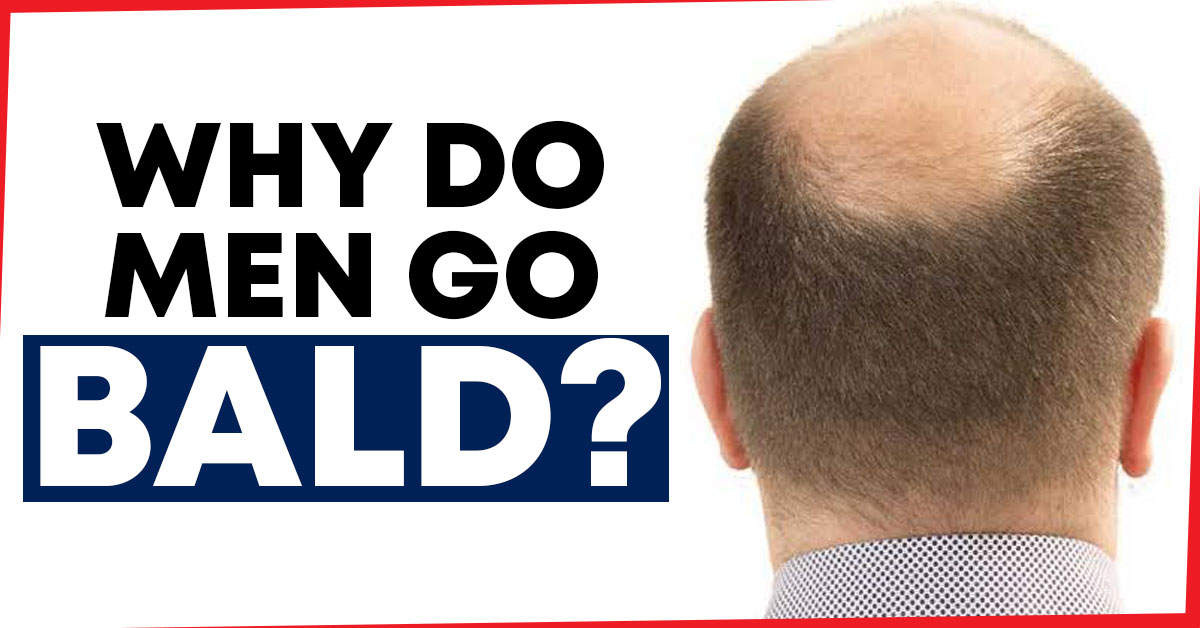We all have men in our lives that suffer from hair loss – maybe that person is you! The good news is they are not alone as half the men in the world will experience hair loss by their 50th birthday. At least 85% of men say their hair is much “thinner” by age 50 than it was when they were younger.
For 25% of these balding men, the early signs of hair loss started even before the age of 21.
What causes baldness?
Many men become bald as a result of genes they inherit. As a result, men can get a good idea if they will be bald by paying attention to their father or uncle’s baldness patterns.
As you age your hair falls out and is replaced with lightly colored fuzz rather than your regular hair. This process repeats itself until all of your hair has been replaced by the fuzz. Eventually, the lightly colored fuzz will no longer re-grow either.
This process occurs because of the presence of a testosterone byproduct called dihydrotestosterone (DHT). Because the hair follicles inside your head are sensitive to DHT, they shrink in response and thus shorten their life span.
Human genetics is designed in such a way that the hair located at the ears and lower will not fall out. This is why the hair in this region persists even as the hair on the top of your head falls out entirely.
Can a poor diet cause baldness?
Besides genetics, hair loss can also be the result of poor nutrition (as well as stress and medications). Iron, vitamin D, and zinc are all key nutrients that if deficient for long periods of time, can contribute to hair loss.
Research on the role these nutrients play in hair loss is still ongoing, with many studies only using small testing groups. Alternatively, other studies have looked at the nutrition of those who are already bald, as a way to find some nutrient shortfalls.
What pattern does your hair fall out in?
Male pattern baldness causes hair to fall out in one of two common ways:
- Hair thins on the top of the head and expands outward, causing a horseshoe effect to be left on your head
- Hair recedes from the front of your forehead back leaving a strip of baldness that gradually moves backward


